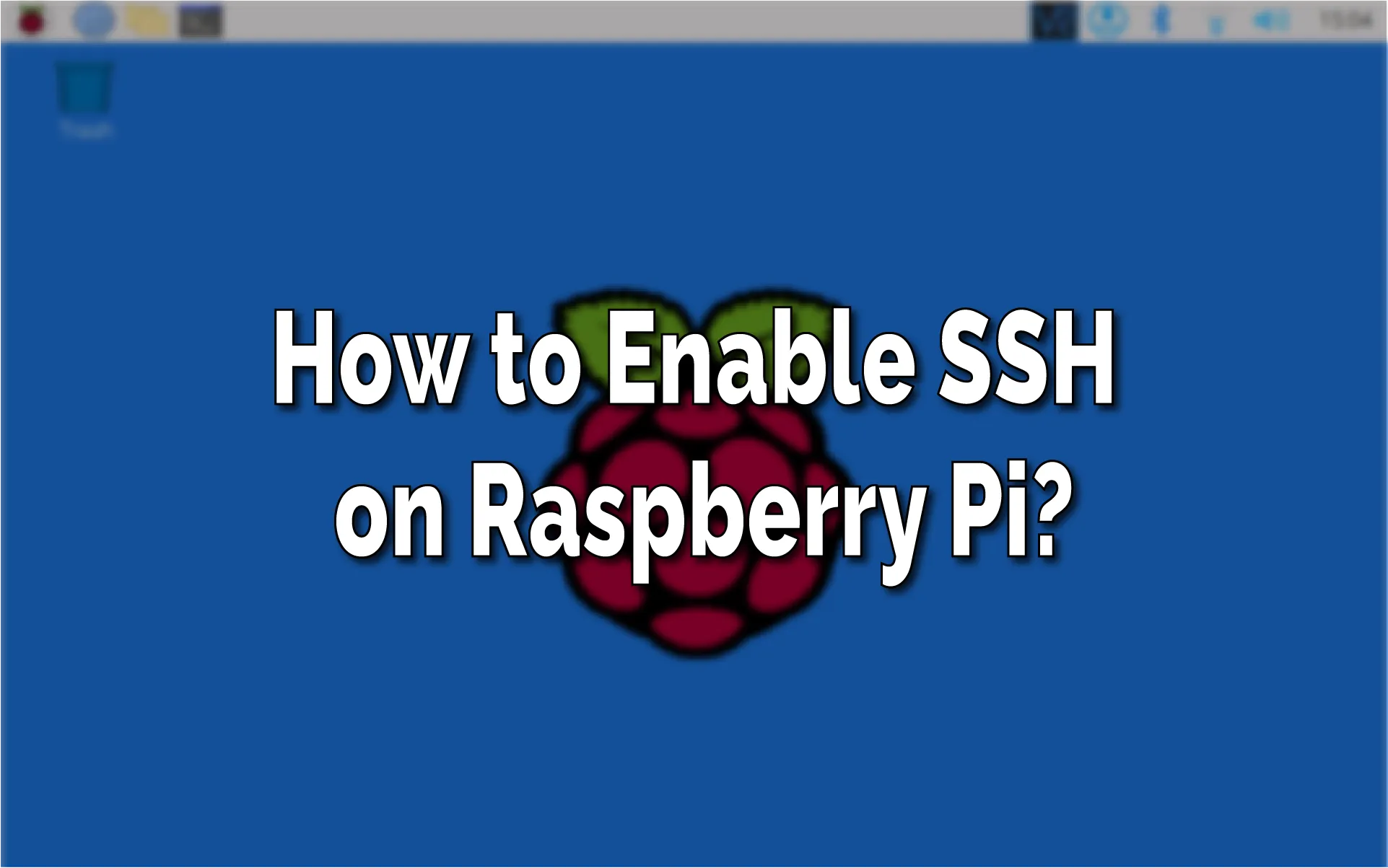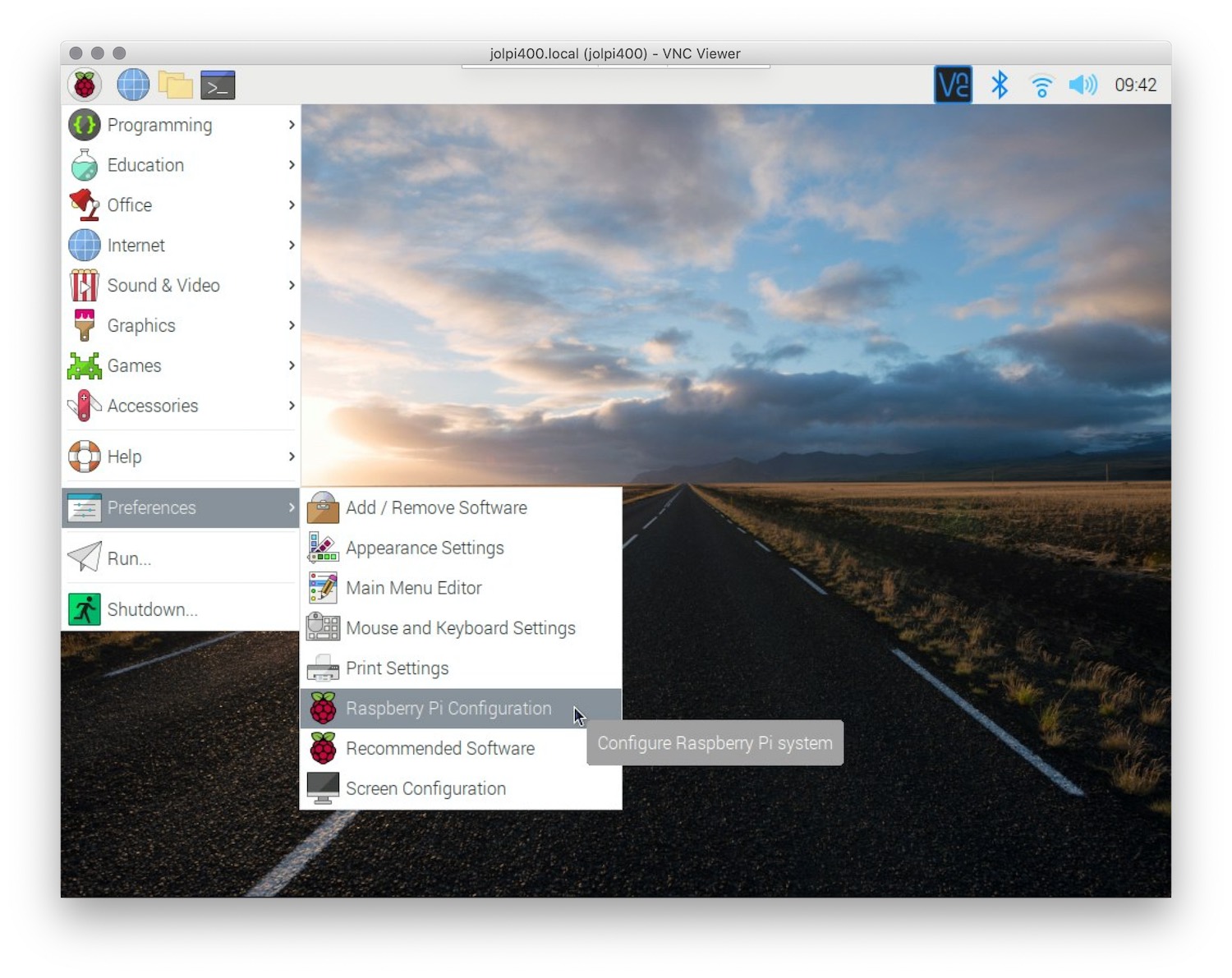Are you looking for the best remote IoT platform to manage SSH keys on your Raspberry Pi? You're in the right place. In today's interconnected world, managing IoT devices remotely is becoming increasingly important. Whether you're a hobbyist or a professional, having a reliable platform to manage SSH keys on your Raspberry Pi can significantly enhance your workflow. This article will guide you through the best remote IoT platforms for managing SSH keys on your Raspberry Pi, ensuring secure and efficient access to your devices.
With the growing popularity of Raspberry Pi in IoT projects, the need for secure remote access is more critical than ever. SSH keys provide a secure way to authenticate and access your Raspberry Pi without relying on passwords. However, managing these keys across multiple devices can be challenging without the right tools. That's where remote IoT platforms come into play. These platforms offer robust solutions to simplify SSH key management, ensuring your devices remain secure and accessible.
In this article, we will explore the top remote IoT platforms that support SSH key management for Raspberry Pi. We'll cover their features, benefits, and how they can help you streamline your IoT projects. By the end of this guide, you'll have a clear understanding of which platform suits your needs best, allowing you to make an informed decision. Let's dive in and discover the best remote IoT platform for managing SSH keys on your Raspberry Pi.
Read also:Hikeru Negi A Comprehensive Guide To The Rising Star
Table of Contents
Introduction to Remote IoT Platforms
Remote IoT platforms are essential tools for managing IoT devices, including Raspberry Pi, from anywhere in the world. These platforms provide a centralized interface to monitor, control, and secure your devices, making them ideal for both personal and professional use. By leveraging cloud-based solutions, remote IoT platforms enable users to access their devices securely and efficiently.
One of the key features of remote IoT platforms is their ability to manage SSH keys. SSH keys are a pair of cryptographic keys used for secure authentication. The public key is stored on the server (in this case, the Raspberry Pi), while the private key remains with the user. This setup eliminates the need for passwords, reducing the risk of unauthorized access. Remote IoT platforms simplify the process of generating, distributing, and managing these keys across multiple devices.
Popular remote IoT platforms like RemoteIoT, Balena, and Adafruit IO offer various features tailored to meet the needs of IoT enthusiasts and professionals. These platforms provide user-friendly interfaces, robust security measures, and seamless integration with Raspberry Pi. By choosing the right platform, you can ensure that your IoT projects are secure, scalable, and easy to manage.
Understanding SSH Keys
SSH keys are a fundamental aspect of secure remote access to IoT devices like Raspberry Pi. They provide a more secure alternative to traditional password-based authentication. Here's a closer look at how SSH keys work and why they are essential for managing your Raspberry Pi remotely.
SSH keys consist of two parts: a public key and a private key. The public key is placed on the server (Raspberry Pi), while the private key is kept securely by the user. When you attempt to connect to your Raspberry Pi, the SSH protocol uses these keys to verify your identity. If the keys match, access is granted without the need for a password. This method significantly reduces the risk of brute-force attacks and unauthorized access.
Managing SSH keys manually can be cumbersome, especially when dealing with multiple devices. This is where remote IoT platforms shine. They offer tools to generate, distribute, and manage SSH keys efficiently. Some platforms even provide features like automatic key rotation and revocation, ensuring your devices remain secure at all times. By leveraging these platforms, you can focus on your IoT projects without worrying about the complexities of SSH key management.
Read also:How Much Did Jim Parsons Make Per Episode Of Young Sheldon A Comprehensive Breakdown
Top Remote IoT Platforms for SSH Key Management
Platform 1: RemoteIoT
RemoteIoT is a leading platform designed specifically for managing IoT devices like Raspberry Pi. It offers a comprehensive suite of tools to simplify SSH key management, making it an excellent choice for both beginners and professionals.
Key Features:
- Centralized dashboard for managing multiple Raspberry Pi devices.
- Automated SSH key generation and distribution.
- Secure cloud-based storage for private keys.
- Real-time monitoring and alerts for device activity.
Benefits:
- User-friendly interface that requires minimal technical expertise.
- Robust security measures to protect your devices from unauthorized access.
- Seamless integration with existing IoT ecosystems.
Platform 2: Balena
Balena is another popular remote IoT platform that excels in managing SSH keys for Raspberry Pi. Known for its flexibility and scalability, Balena is ideal for large-scale IoT deployments.
Key Features:
- Container-based architecture for easy deployment and management.
- Built-in SSH key management tools.
- Support for multiple users with role-based access control.
- Integration with popular cloud services like AWS and Google Cloud.
Benefits:
- Highly scalable solution for managing thousands of devices.
- Active community and extensive documentation for troubleshooting.
- Regular updates and new features to enhance functionality.
Platform 3: Adafruit IO
Adafruit IO is a user-friendly platform that caters to hobbyists and beginners. While it may not offer the same level of advanced features as RemoteIoT or Balena, it provides a solid foundation for managing SSH keys on Raspberry Pi.
Key Features:
- Simple interface for managing SSH keys.
- Integration with Adafruit's range of IoT hardware.
- Support for MQTT and HTTP APIs for data communication.
- Free tier available for small-scale projects.
Benefits:
- Easy to set up and use, even for beginners.
- Strong community support and tutorials.
- Affordable pricing for hobbyists and small businesses.
Features Comparison
To help you make an informed decision, here's a comparison of the key features offered by RemoteIoT, Balena, and Adafruit IO:
| Feature | RemoteIoT | Balena | Adafruit IO |
|---|---|---|---|
| Centralized Dashboard | Yes | Yes | No |
| Automated SSH Key Management | Yes | Yes | No |
| Cloud-Based Storage | Yes | Yes | No |
| Role-Based Access Control | Yes | Yes | No |
| Integration with Cloud Services | Limited | Extensive | Limited |
| Community Support | Moderate | Strong | Strong |
As you can see, each platform has its strengths and weaknesses. RemoteIoT and Balena offer more advanced features, making them suitable for professional use, while Adafruit IO is ideal for hobbyists and beginners.
Step-by-Step Setup Guide
Setting up SSH key management on your Raspberry Pi using a remote IoT platform is straightforward. Below is a step-by-step guide to help you get started with RemoteIoT:
Step 1: Create an Account
- Visit the RemoteIoT website and sign up for an account.
- Complete the registration process and log in to your dashboard.
Step 2: Add Your Raspberry Pi
- Click on the "Add Device" button in your dashboard.
- Follow the instructions to connect your Raspberry Pi to the platform.
- Ensure your Raspberry Pi is connected to the internet and accessible remotely.
Step 3: Generate SSH Keys
- Navigate to the "SSH Key Management" section in your dashboard.
- Click on "Generate New Key Pair" to create a new set of SSH keys.
- Download the private key and store it securely on your local machine.
Step 4: Distribute Public Key
- Copy the public key generated by the platform.
- Paste the public key into the authorized_keys file on your Raspberry Pi.
- Ensure the file permissions are set correctly to prevent unauthorized access.
Step 5: Test the Connection
- Open a terminal on your local machine and attempt to connect to your Raspberry Pi using the private key.
- If successful, you should be able to access your Raspberry Pi without entering a password.
By following these steps, you can securely manage SSH keys on your Raspberry Pi using RemoteIoT. Similar processes apply to other platforms like Balena and Adafruit IO, with slight variations in the interface and features.
Security Best Practices
While remote IoT platforms simplify SSH key management, it's essential to follow best practices to ensure the security of your Raspberry Pi. Here are some tips to keep your devices safe:
1. Use Strong Passphrases
- Always protect your private SSH keys with strong passphrases.
- Avoid using easily guessable phrases or common words.
2. Limit Access
- Restrict SSH access to specific IP addresses or networks.
- Use firewall rules to block unauthorized access attempts.
3. Regularly Rotate Keys
- Periodically generate new SSH key pairs and replace the old ones.
- Remove unused or outdated keys from your devices.
4. Monitor Activity
- Enable logging and monitoring to detect suspicious activity.
- Set up alerts for unauthorized login attempts or unusual behavior.
5. Keep Software Updated
- Regularly update your Raspberry Pi's operating system and software.
- Apply security patches promptly to address vulnerabilities.
By adhering to these best practices, you can minimize the risk of security breaches and ensure the integrity of your IoT projects.
Data and Statistics
Understanding the importance of secure remote access and SSH key management is crucial for the success of IoT projects. Here are some relevant statistics and data points to consider:
- According to a report by IoT Analytics, the number of IoT devices is expected to reach 27 billion

